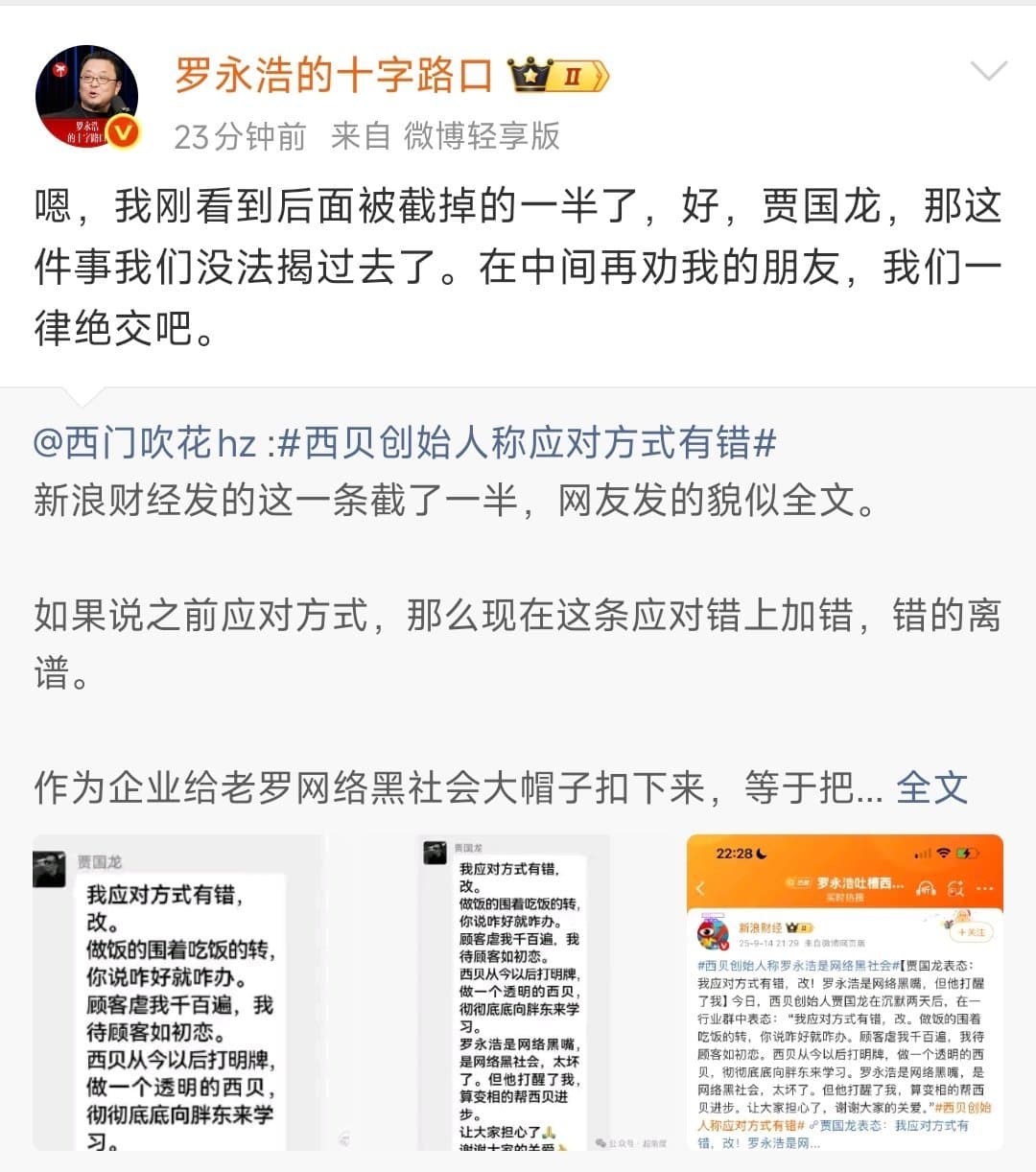More than 95.2% of livestreamers earn less than 5,000 yuan per month
China's Live Streaming Industry: A Thriving Market but an Illusion of Success?

8 October 2023
In a recent revelation, it has come to light that more than 95.2% of live streaming hosts in China earn less than 5,000 yuan per month. This discovery is a stark contrast to the success story of Luluha, a popular vlogger who earned an impressive 35 million yuan in just seven months. The popularity of these live streaming platforms has also led to the inflation of social values and the emergence of distorted consequences.
The live streaming industry in China is booming with over 1.5 billion people participating as hosts or streamers. However, it appears that not all hosts are reaping the benefits equally. The low barrier for entry into this field has led to a surge in game broadcasters and product sellers, further highlighting the economic disparity within this industry.
Commenters on Weibo, a popular social media platform in China, have expressed mixed reactions towards this revelation. Some users congratulated Luluha's success while also lamenting that they themselves had not experienced similar profits from live streaming. Others questioned the quality of products sold during these broadcasts and criticized the lack of transparency in these transactions.
"Behind the revelation that 'Luha' is making 5 million a month, more than 95% of hostesses earn less than 5,000 per month," wrote one Weibo user. "This shows the distorted consequences resulting from economic interests in the live streaming era."
The influx of hostesses on these platforms has also led to an oversaturated market, with many hosts struggling to stand out and attract viewers. This phenomenon has resulted in a rise in hosts promoting low-quality or even counterfeit products to make ends meet. The proliferation of "three-no" products (products with no brand, no certificate of origin, and no after-sales service) is becoming increasingly prevalent, disrupting the normal online shopping market order and endangering consumer rights.
The 2/8 law, which states that in any industry, only 2 out of 8 individuals will be successful, is being applied to live streaming as well. Despite its popularity, many live streamers are struggling to make a profit due to the intense competition and the ease with which anyone can start a broadcast.
One Weibo user expressed their disinterest in live streaming platforms, stating that they would rather shop from traditional retail stores due to the questionable quality of products sold during these broadcasts. "Despite the popularity of live streaming, I have not watched any live broadcasts! There is no time for these things. They delivered directly to JD local or next-day delivery within a few hours! I don't know why so many people prefer to buy products in real-time rooms, some quality is really not very good!"
In conclusion, while the live streaming industry in China has seen unprecedented growth and success stories like Luluha's, the harsh reality for most hosts paints a different picture. The inflation of social values, distorted consequences resulting from economic interests, and the emergence of harmful trends such as nihilism and materialism are causing concern among Chinese netizens. The live streaming era has indeed brought both opportunities and challenges to the society, and it is crucial for the industry to address these issues and work towards a more sustainable and equitable future.
Share this article
Related Articles
Falcons Edge XG 3‑2 in TI14 Finals, Leaving Chinese Star Ame a Three‑Time Runner‑Up
By Trending on Weibo
Sports
15 Sept 2025

Xi Jinping Elevates Cybersecurity to Core National‑Security Pillar, Driving China’s Quest for a Cyber Superpower
By Trending on Weibo
News & Politics
15 Sept 2025

Ruby Lin Says She and Wallace Huo Are Still “Adjusting” After Seven Years, Igniting Viral Debate on Celebrity Marriages
By Trending on Weibo
Entertainment
15 Sept 2025

Luo Yonghao vs. Xibei: Celebrity Entrepreneur Sparks Media Storm Over Pre‑Made Dishes and Calls for Transparency
By Trending on Weibo
News & Politics
15 Sept 2025

Alipay Users Rush to Revoke Permissions Over Hidden Authorizations, Sparking Nationwide Privacy Debate
By Trending on Weibo
Tech
15 Sept 2025